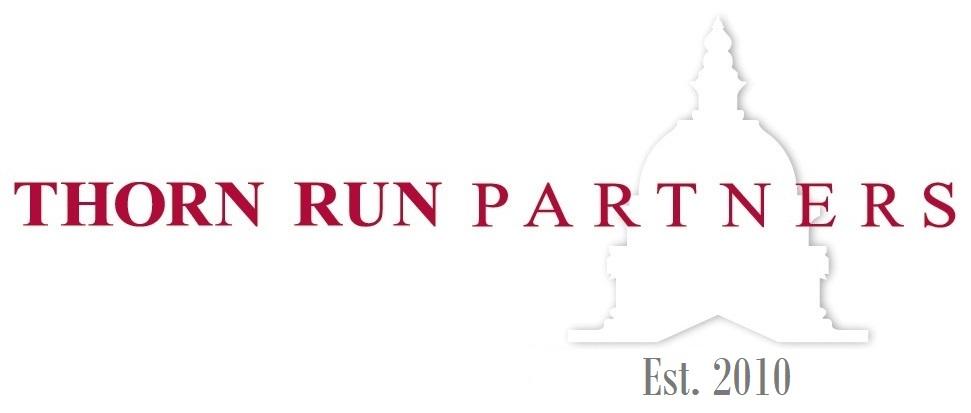In an article for Modern Healthcare, TRP Senior Vice President Shea McCarthy offered commentary on President Donald Trump’s competing priorities on health costs and drug pricing as the outgoing administration looks to finalize its health care agenda. The article notes that the Department of Human and Health Services (HHS) has promulgated a rule that would prohibit pharmacy benefit managers from collecting rebates from drug makers unless these rebates are distributed directly to patients. McCarthy aptly highlighted the administration’s challenge in advancing this regulation while meeting the goals of a Trump executive order in July saying that HHS must publicly certify that any new rebate policy will not increase insurance premiums. “Eliminating rebates without raising premiums presents the ultimate public policy paradox,” said McCarthy.
Continue reading “In Modern Healthcare, TRP’s McCarthy Analyzes Competing Trump Health Priorities”In Modern Healthcare, TRP’s McCarthy Analyzes Competing Trump Health Priorities

